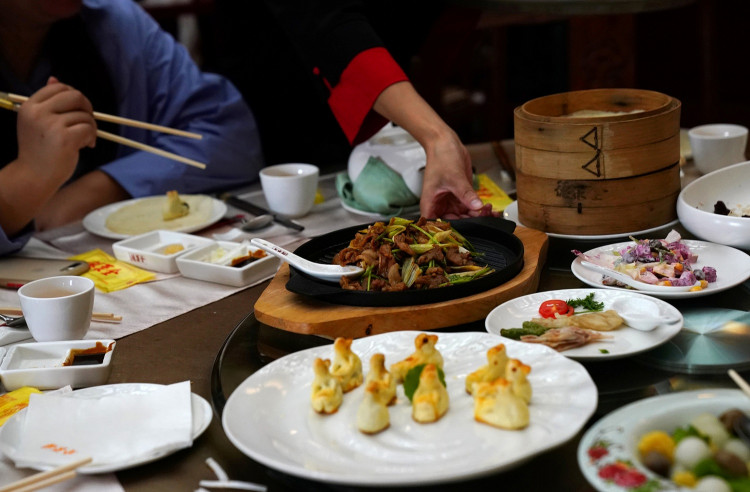Most, if not all, find comfort in food, especially when there's a need to address our feelings. It is through food that we bond, celebrate moments, and cheer up our family and friends.
This is perfectly normal -- what's not is excessive and ongoing emotional eating.
Eating your feelings during times of stress, like pandemic-triggered ones, can wreak havoc with your physical and mental energy. It comes with several health risks, including weakening your immunity and disrupting sleep.
It's a good thing; there are ways to untangle emotions and food. If you are in this dilemma, take note of these tips:
Structure an eating schedule
Keep your time organized. On the weekends, when you have more free hours, the possibility of eating emotionally is greater. No doubt, coronavirus has disrupted your daily routine.
Try setting up a certain system as best you can. Eat meals every day at about the same time, spaced between three and five hours apart. Settling into a daily eating schedule can help to control blood sugar and insulin levels, as well as appetite hormones, alongside avoiding excessive munching.
Avoid distractions while eating
Stick to mindful eating while you're sitting down at a meal and avoid multitasking. Sit before your TV or tablet at a table and eat without reading, checking your phone, or other distracting activities.
Though at first, it can feel uncomfortable, people who do this even once a day find that they are better able to tune in signs of hunger and fullness, and feel more full and satisfied after feeding.
Be kind yourself
Be kind to yourself and engage in constructive, gentle self-discussion. Bullying yourself over emotional eating only raises emotions, which can intensify the eating urge. If you end up polishing off a bag of cookies while watching the television, think about the 'why' instead of beating yourself. If you could somehow go back and correct the day, what else should you do?
Change is not linear, and that is all right. Often a step back can be a learning experience that changes the way you deal with a similar circumstance the next day or down the road. It is this step-by-step approach that leads to positive change and new ways of dealing with it.
Lastly, enjoying special treats is OK. Banning those foods from your home is not practical, or even required-it 's all about how you consume them. Turn your favorite treats into a meal, and indulge yourself attentively, rather than randomly.
The goal is not to limit yourself, but to build equilibrium that feels much better than deprivation or overindulgence. Stability is now more important than ever.






